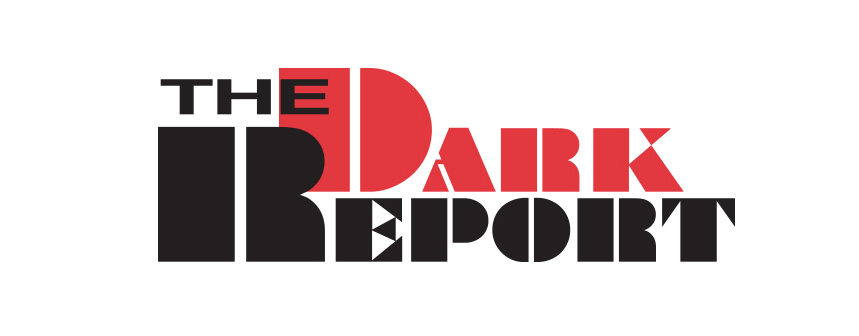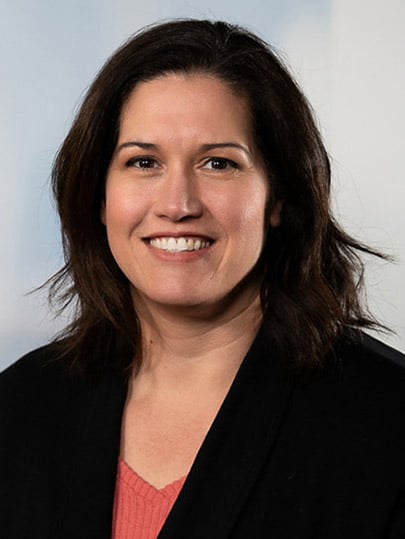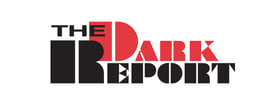
PREMIUM WEBINAR: Essential Guide to Obtaining Z-Codes for Molecular and Genetic Tests
Original Air Date June 29, 2023
How to Apply and Be Ready for New Private Payer Z-Code Requirements for Genetic Test Claims
Nation's largest health insurer to require Z-Codes, effective Oct. 1, 2023
Major changes are underway in how one of the nation's largest health insurers will process claims for molecular and genetic tests!
Effective Oct. 1, 2023, UnitedHealthcare (UHC) will require Z-Codes for almost 250 CPT codes. Clinical laboratories have just a few weeks to understand this new policy and apply for the Z-Codes they need to comply with this new directive.
This can be a significant financial disruption to those clinical labs billing UnitedHealthcare, but whose molecular and genetic tests currently do not have the Z-Codes required for the claims they submit after Oct 1.
The threat of financial disruption may extend beyond UHC. Knowledgeable observers expect other major health insurance companies—such as Elevance (formerly Anthem), Cigna, Aetna, and Humana—to enact similar Z-Code requirements. This is what happened with private payers’ adoption of prior-authorization programs in 2018.
The announcement of UHC’s new policy was sent to providers on May 2 and gives genetic testing companies just weeks to apply for Z-Codes. Molecular test claims submitted on or after Oct. 1 will not be paid. There is urgency for labs that need Z-Codes to take immediate steps to submit their applications and supporting documentation to obtain Z-Codes between now and the Oct. 1 implementation of the Z-Code requirement.
To help you and your lab team navigate the Z-Code application process, The Dark Report presents this 90-Minute Special Report Premium Webinar (original air date June 29, 2023), titled, “Essential Guide to Obtaining Z-Codes for Molecular and Genetic Tests.”
First to speak will be Gabriel Bien-Willner, MD, Director of PalmettoGBA’s MolDx Program and the DEX™ Diagnostics Exchange that manages the Z-Code program. This is your opportunity to hear—firsthand—the A-Z process of applying for a Z-Code, providing the required documentation of test accuracy and clinical utility, and receiving the Z-Code your lab will need to have its genetic test claims paid by UHC after Oct. 1.
The second expert will be Valerie Collier, MS, CGC, Genetic Counselor at ARUP Laboratories of Salt Lake City. For almost a decade, ARUP Laboratories has obtained Z-Codes for its innovative molecular tests. Collier will share ARUP’s lessons learned in the process of submitting a Z-Code application and interacting with the DEX MolDx program from initial submission through the granting of a Z-Code.
Next to speak will be Kyle Fetter, Chief Operating Officer at XiFin, the lab revenue cycle management company based in San Diego. His team has been working with lab clients to meet the molecular and genetic test requirements of Medicare’s MolDx program, including successfully obtaining the Z-Codes needed to submit Medicare claims in the 28 states participating in the MolDx program.
Listen and learn from the shared wisdom of our expert faculty as they address key issues in these primary areas:
Structure and Function of DEX MolDx and Z-Code Registry
Learn why these programs were launched and how they evolved into their current forms within the federal Medicare and Medicaid programs. Understand how Z-Codes enable health plans to understand the function of the molecular test and how Z-Codes contribute to improved patient care.
Application Process for Obtaining Z-Codes
Master the basics of preparing and submitting applications for Z-Codes. Recognize the needed information that accompanies the application. Identify best ways to manage requests for additional documentation. Know what expedites a Z-Code application, along with common reasons why a Z-Code application is delayed or additional information is requested to continue the process.
Interplay with CPT Codes, PLA Codes, and ICD-10 Codes
Understand the requirements when the test is not FDA-cleared or its use is inconsistent with the intended-use labeling. Become familiar with the requirements for a test application where the test does not have a CPT code or PLA code, or it does not have an accompanying ICD-10 code.
Analytical and Clinical Validation Documentation
The heart of every Z-Code application is the documentation that supports analytical validation of the assay, as well as clinical validation. Learn the appropriate number of samples needed to establish clinical validation for each variant type (SNV, Indels, CNVs, Fusions, TMB, etc.) as part of the assessment. Understand the definition of a clinical specimen (a sample from a patient affected with a disorder or disease that aligns with the assay’s intended use). Know what is required to use purchased reference material or contrived samples to establish analytical validation and why this material will not be accepted as clinical specimens.
Best Practices When Submitting Z-Code Applications
Hear the practical lessons learned by the speaker’s clinical labs when submitting Z-Code applications and responding to requests for additional documentation. Master the secrets of submitting a properly-documented application to speed its review. Learn the common mistakes and pitfalls to avoid. Acquire understanding of what literature DEX will accept in support a Z-Code application and where to find listings of the literature determined to be insufficient to support clinical utility.
Access also includes every question asked and answered during the program's extensive live Q&A segment, during which industry stakeholders submitted issues and questions to our expert panel. This segment of the webinar represents particularly high value for you and your management team!
Expect to hear why public and private payers are moving to incorporate use of Z-Codes in their processing of molecular and genetic test claims. Public databases now track more than 175,000 genetic tests being offered by genetic testing companies. This surge in the number of different genetic tests has outrun the current CPT coding and ICD-10 systems, along with overwhelming the ability of payers to match the clinical utility of the genetic test to patients’ symptoms and diagnoses.
Certainly UHC’s new DEX Z-Code requirement will be seen by some as eliminating some of the administrative burden of lab test billing and by others as putting the squeeze on smaller and mid-size independent laboratories. One thing is clear: If one major private payer is ready to follow the Medicare program and also require Z-Codes for molecular and genetic claims, it can be expected that other private payers will soon implement similar requirements. All of this forces genetic testing labs without Z-Codes for their assays to take immediate action for compliance. That makes this webinar a must-attend for you and your team.
THE DARK REPORT - SPECIAL REPORT
PREMIUM WEBINAR ON-DEMAND
DATE: Original air date June 29, 2023
TIME: 90-minute duration
PLACE: Your smartphone, laptop, and/or computer
COST: $195 Click here or call 512-264-7103
This timely webinar gives you direct access to the experts working with the DEX MolDx and the Z-Code Program. You’ll gain the essential knowledge needed to submit, document, and gain Z-Codes for your lab’s molecular and genetic tests. You’ll also hear the extensive live Q&A sessions with these nationally-respected experts.
This special webinar is your lab team’s jump start into the Z-Code application process. It will help you slash the time required to obtain the Z-Codes you’ll need when Oct. 1 arrives, and UHC requires those codes on your lab’s molecular and genetic test claims. That means less disruption in the processing of your claims and more collected revenue. Register your team today to get all the benefits of this important learning event.
Distinguished Presenters

Gabriel Bien-Willner, MD, PhD
Medical Director
Molecular Diagnostic Services (MolDx)
Chief Medical Officer, Palmetto GBA

Valerie Collier, MS, CGC
Genetic Counselor
ARUP Laboratories

Kyle Fetter
Chief Operating Officer
XiFin, Inc.
Kyle Fetter currently oversees sales, implementations, customer service, and analytics for XiFin in addition to the business process outsourcing divisions. Most recently serving as executive vice president and general manager of Diagnostic Services, he has implemented and overseen the commercialization, complex billing, and reimbursement processes for over 100 hospital, molecular diagnostic, and medical device providers. He has driven 55% compound annual growth rate (CAGR) of XiFin's outsourcing division. Kyle regularly provides insights into healthcare trends, new technology commercialization, and the revenue cycle management landscape via webinars, conferences, and XiFin’s blog. He came to the healthcare industry after working in venture capital (focused in energy and genetic testing) with a background in technology funding and commercialization. Kyle was recently named to Becker's Hospital Review "Health IT and Revenue Cycle Up-and-Comers" list. Kyle has a BA from the University of Southern California and an MBA from the University of Utah.

Kathryn A. Stough
Chair and Moderator
Principal
K-H-S Solutions, LLC
Brought to you by

An educational grant for this program has been provided by


